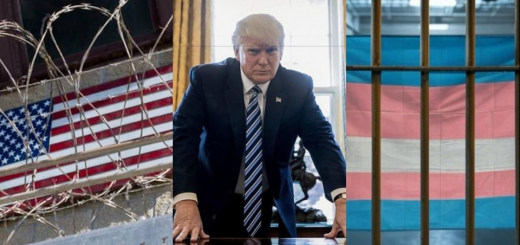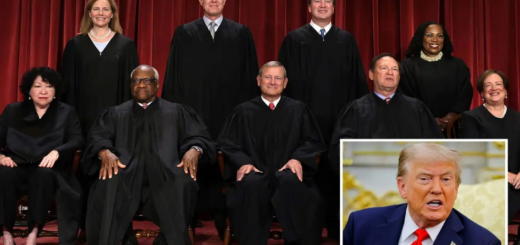Fani Willis Ordered to Pay Over $54,000 for Violating Georgia’s Open Records Law
Atlanta, Georgia — Fulton County District Attorney Fani Willis has been ordered by a judge to pay more than $54,000 in attorney’s fees after violating Georgia’s Open Records Act, according to official court documents.
The case was initiated by defense attorney Ashleigh Merchant, who represents Michael Roman, a co-defendant in the high-profile Georgia election interference case.
Merchant claimed that Willis’ office failed to release public documents related to the hiring of Nathan Wade, a former special prosecutor on the Trump case.
According to Superior Court Judge Rachel Krause, Willis’ office acted with “open hostility” and “bad faith” by handling Merchant’s requests differently from other public record requests.
The judge’s ruling not only orders the DA’s office to release the requested materials within 30 days, but also requires the payment of $54,264 in legal fees, reflecting approximately 80 hours of legal work by Merchant’s team.
Broader Implications for the Trump Case
This ruling adds to the legal challenges facing Willis. Earlier this year, she was disqualified from prosecuting the election interference case against Donald Trump due to questions surrounding her prior relationship with Nathan Wade.
While the charges against Trump and others remain active, the case will now be handled by a different prosecution team.
Meanwhile, Willis has appealed the disqualification to the Georgia Supreme Court, arguing that it was based solely on the “appearance of impropriety,” not proven misconduct.
Public Scrutiny and Legislative Changes
Merchant’s original request sought transparency on how public funds were used during the investigation.
The court determined that Willis’ office failed to provide clear, timely responses to those legitimate inquiries.
In response to such concerns, Georgia lawmakers recently passed a bill that would allow defendants to seek reimbursement of legal costs if a case is dismissed due to prosecutorial misconduct.
Although this latest ruling does not directly impact the ongoing charges in the Trump case, it has intensified public attention on transparency and accountability in high-profile legal proceedings.
As the legal process continues, both the public and political observers will be watching closely to see how these developments unfold.




























